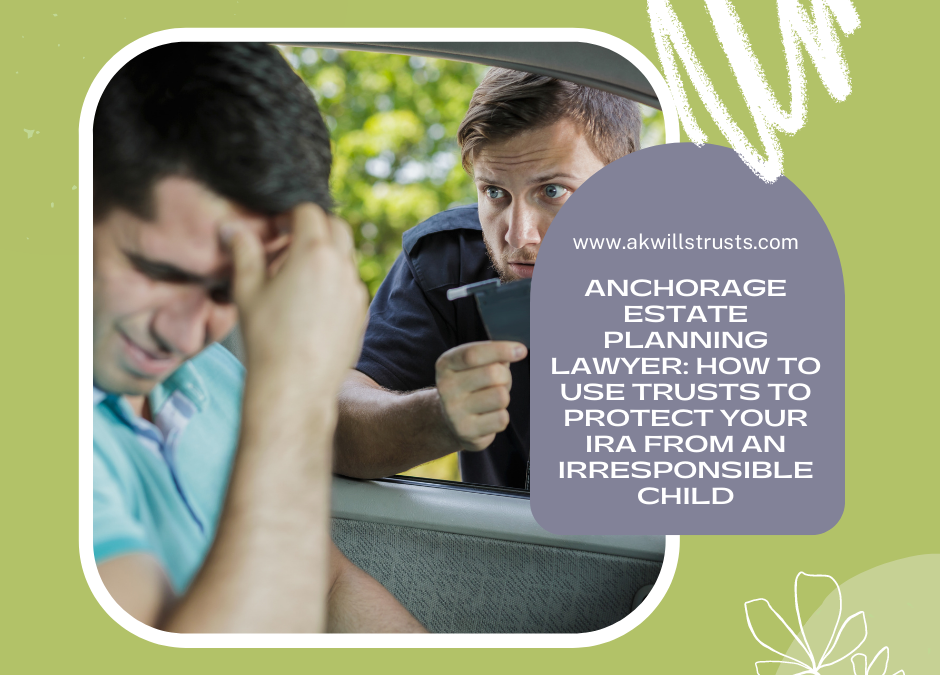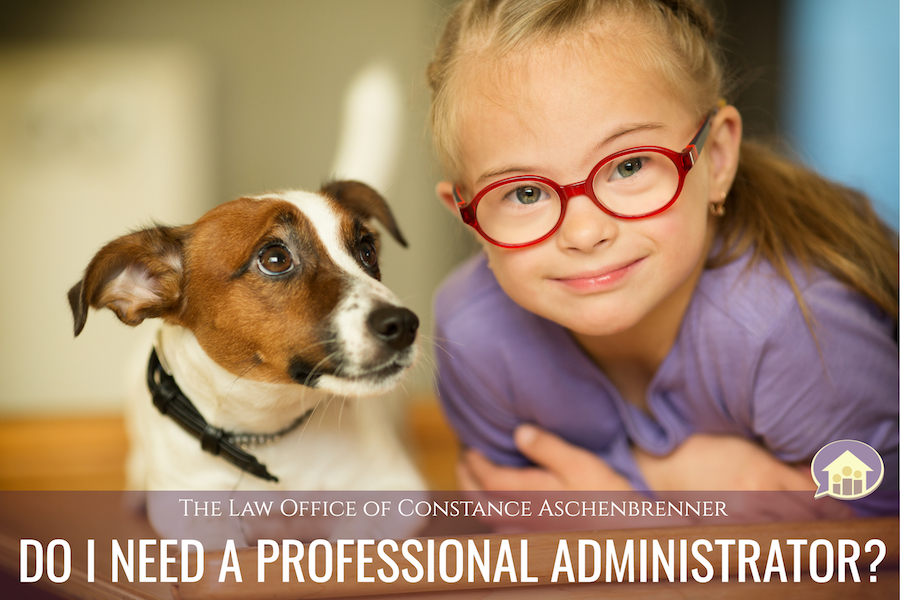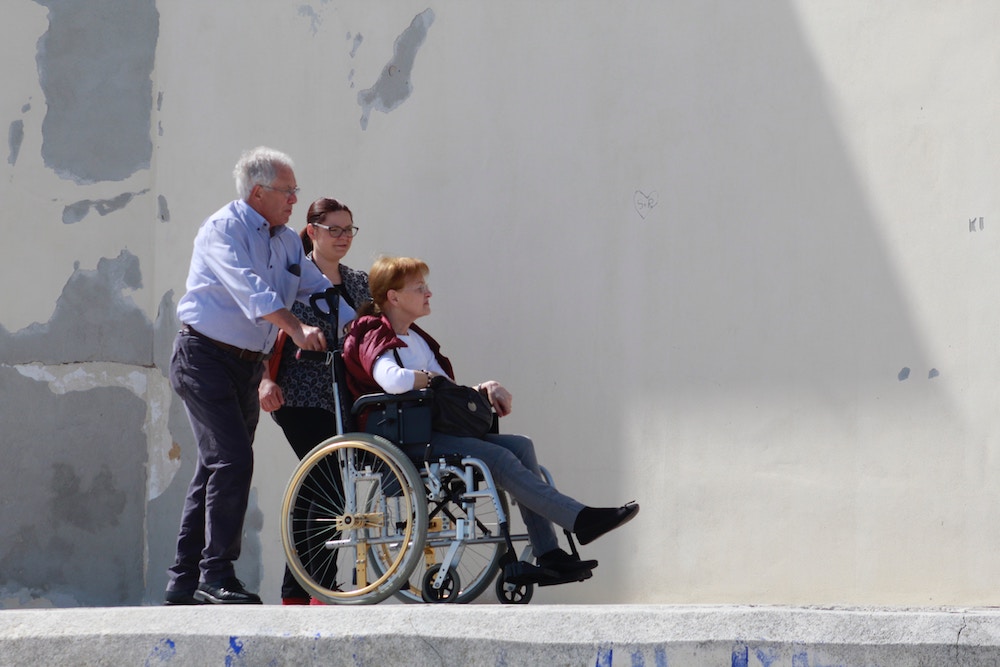
by Law Office of Constance A Aschenbrenner | Jan 28, 2022 | Alaska Estate Attorney, Estate Planning, Guardianship, Special Needs
A lot of parents come into our Anchorage estate planning law firm with mixed feelings about passing on the balance of their retirement accounts to their children when they die someday. On one hand they are proud of the money they have saved over their lifetime in an...

by Connie Aschenbrenner - Anchorage Attorney | May 28, 2020 | Guardianship
A couple of weeks ago, I ventured into the local pet big box store to buy some of my dog’s favorite treats. It was a busy Saturday, and on Saturdays all across the country, this pet store chain holds adoption events. I love adoption day at the pet store; so many new...

by Connie Aschenbrenner - Anchorage Attorney | Jan 17, 2020 | Guardianship, Special Needs
Sometimes a professional administrator is an excellent choice for your child’s Special Needs Trust. A professional administrator is usually experienced in the processes of the court. This can be beneficial when managing a trust. In addition to paying bills,...

by Connie Aschenbrenner - Anchorage Attorney | May 1, 2019 | Guardianship
If you are appointed a guardian or conservator of an individual, it is vital that you understand Alaska law regarding conservator exploitation. It is so unfortunate, but from time to time the court has to deal with situations where vulnerable citizens have been taken...

by Connie Aschenbrenner - Anchorage Attorney | Dec 26, 2018 | Guardianship, Special Needs
Raising a child with special needs is challenging. Sadly, the stress of the situation contributes to the high rate of divorce among couples who are raising children with special needs. In fact, it is estimated that the rate of divorce in these households are between...

by Connie Aschenbrenner - Anchorage Attorney | Aug 16, 2018 | Estate Planning, Guardianship
People often struggle with deciding who will serve as guardian for their minor children if they pass away. As an Anchorage trust lawyer, I’ve walked hundreds of Anchorage families through this process. Sometimes, the family situation requires naming not just one...








